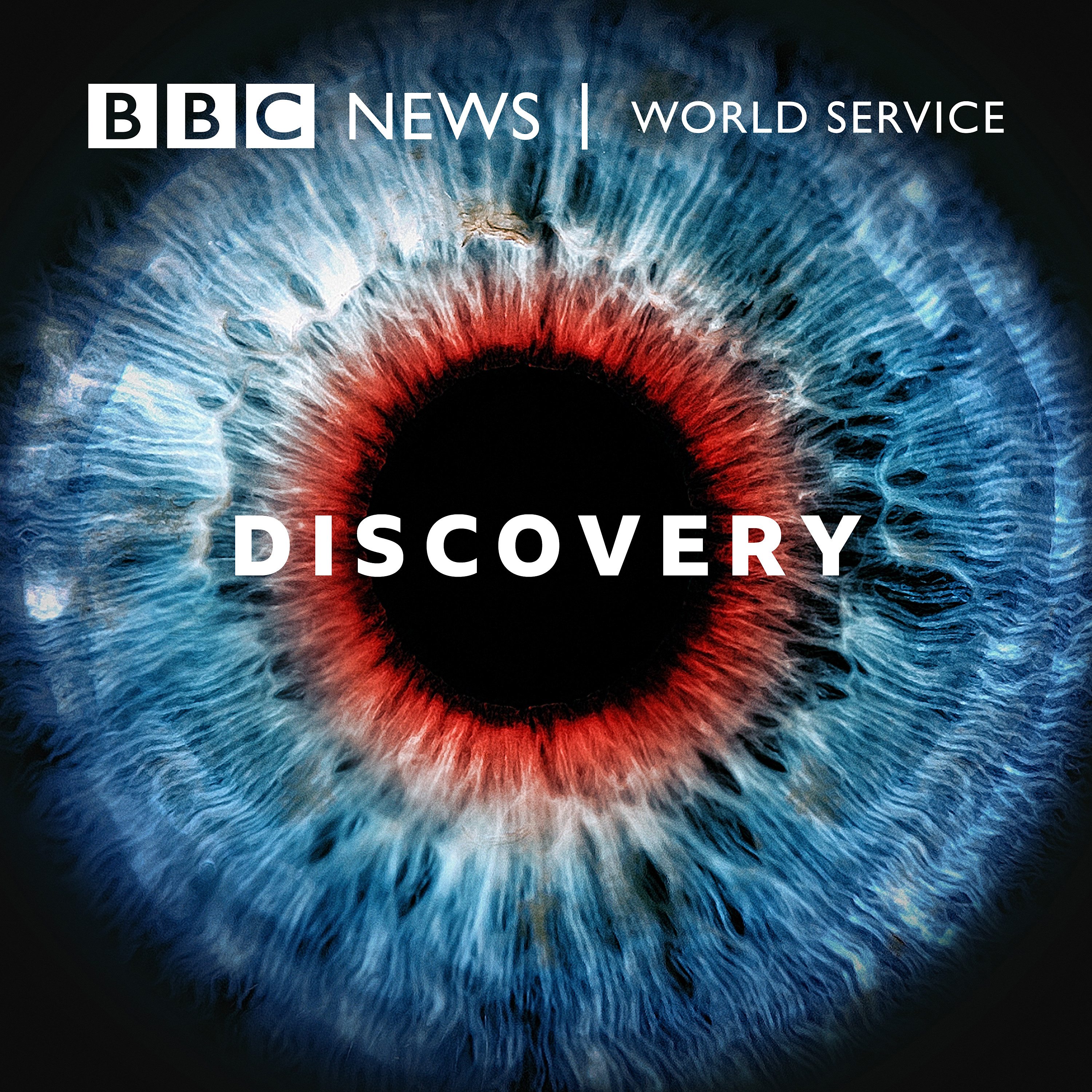
Discovery
Jan 23, 2023
"You will not replace us" was the battle cry of white supremacists at a rally in Charlottesville in 2017. They were expressing an old fear - the idea that immigrants and people of colour will out-breed and replace the dominant white 'race'. Exactly the same idea suffused American culture in the first decades of the 1900s, as millions of immigrants arrived at Ellis island from southern and eastern Europe.
The 'old-stock' Americans - the white elite who ruled industry and government - latched on to replacement theory and the eugenic idea of 'race suicide'. It's all there in The Great Gatsby - F.Scott Fitzgerald's novel set in 1922 - which takes us into the world of the super-rich, their parties and their politics.
Amidst this febrile period of cultural and economic transformation, the Eugenics Record Office is established. Led by Charles Davenport and Harry Laughlin, it becomes a headquarters for the scientific and political advancement of eugenics.
By 1924, the eugenically informed anti-immigrant movement has triumphed - America shut its doors with the Johnson-Reed Act, and the flow of immigrants is almost completely stopped.
Contributors: Dr Thomas Leonard, Professor Sarah Churchwell, Professor Joe Cain
Presenter: Adam Rutherford Producer: IIan Goodman
(Photo: Immigrants arriving in Ellis Island, New York, 27 May 1920. Credit: Getty Images)
Clips: BBC News, coverage of Charlottesville protests, 2017 / CNN, coverage of buffalo shooter, 2022 / MSNBC, coverage of buffalo shooter, 2022 / Edison, Orange, N.J, 1916, Don't bite the hand that's feeding you, Jimmie Morgan, Walter Van Brunt, Thomas Hoier / BBC Radio 4 Great Gatsby: Author, F Scott Fitzgerald Director: Gaynor Macfarlane, Dramatised by Robert Forrest.

